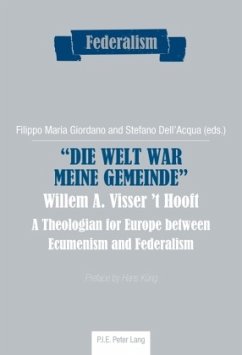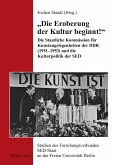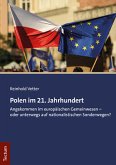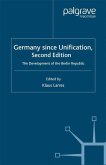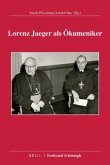Willem A. Visser 't Hooft (1900-1985), Dutch pastor and theologian, was one of the most significant personalities in the Protestant Ecumenical movement. Deeply influenced by Karl Barth, and filled with a strong Ecumenical spirit, he was closely involved in the founding of the World Council of Churches, of which he was elected General Secretary. During the Second World War, many Protestants became convinced of the need for an international political system which, beside uniting the nations and peoples of Europe, would guarantee them fundamental freedoms and mutual respect for their historical, cultural and confessional traditions.
The directors of the WWC were strongly committed to federalism, partly because of the political traditions of the states from which their member churches originated (Switzerland; Great Britain and its Commonwealth; the United States), and partly because of their conviction that a simple confederation of states, based on the model of the League of Nations, would be completely incapable of containing national ambitions. In spring 1944, Visser 't Hooft welcomed into his Geneva home the representatives of the European Resistance, who, under the leadership of Altiero Spinelli and Ernesto Rossi, signed the International Federalist Declaration of the Resistance Movements. These historic transnational encounters, aimed not only at coordinating military action or seeking diplomatic contacts but at exploring ways to «build» peace and re-establish the future of the Continent on new foundations, marked a profound break with the past.
The directors of the WWC were strongly committed to federalism, partly because of the political traditions of the states from which their member churches originated (Switzerland; Great Britain and its Commonwealth; the United States), and partly because of their conviction that a simple confederation of states, based on the model of the League of Nations, would be completely incapable of containing national ambitions. In spring 1944, Visser 't Hooft welcomed into his Geneva home the representatives of the European Resistance, who, under the leadership of Altiero Spinelli and Ernesto Rossi, signed the International Federalist Declaration of the Resistance Movements. These historic transnational encounters, aimed not only at coordinating military action or seeking diplomatic contacts but at exploring ways to «build» peace and re-establish the future of the Continent on new foundations, marked a profound break with the past.
«Auch wenn die Anordnung der einzelnen Beiträge zuweilen etwas verwirrend erscheint, eröffnet der Band weite Perspektiven auf einen geistigen Begriff von Europa. Er zeigt in beeindruckender Weise die Verwobenheit zweier prägender Bewegungen des 20. Jh.s, die in aktueller Wahrnehmung wenig verbunden erscheinen. Die Beiträge lassen ein Panorama unterschiedlichster Persönlichkeiten entstehen, für das die Person Willem Visser 't Hoofts mehr Ansatzpunkt als durchgängiges Thema ist. In einer Zeit, in der sowohl die Ökumenische Bewegung als auch die Einigung Europas neuer Orientierungen bedarf, kann in diesem Buch eine Selbstvergewisserung im besten Sinn gefunden werden.»
(Rainer Florie, Theologische Revue 3/2017)
(Rainer Florie, Theologische Revue 3/2017)

